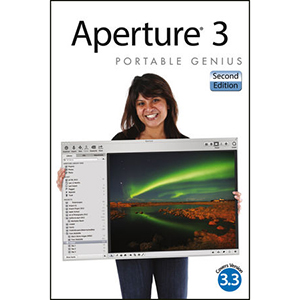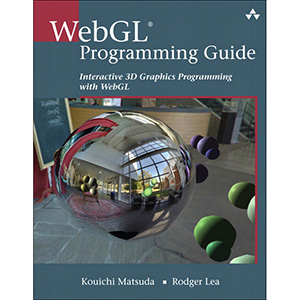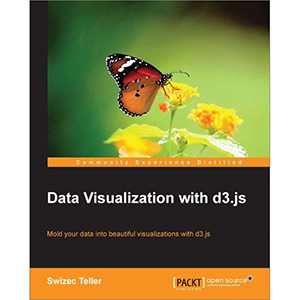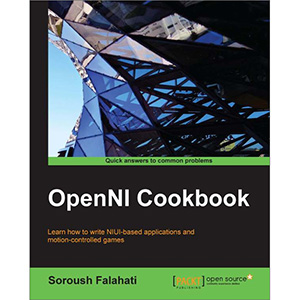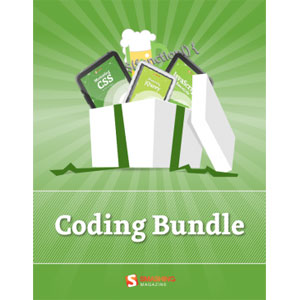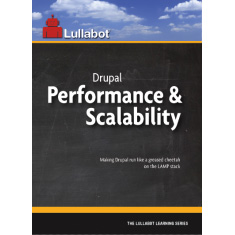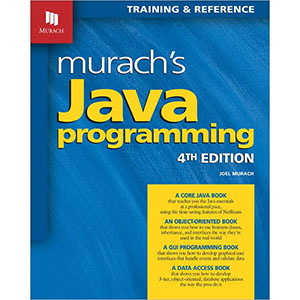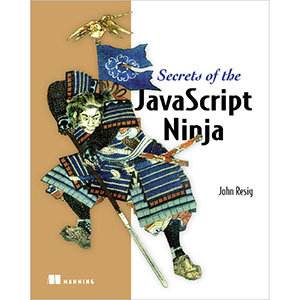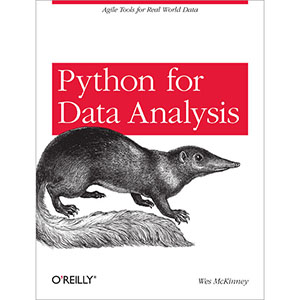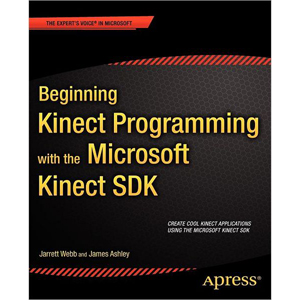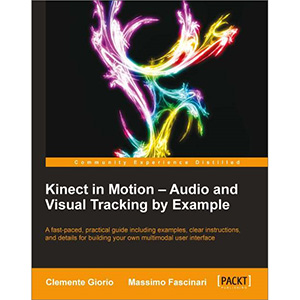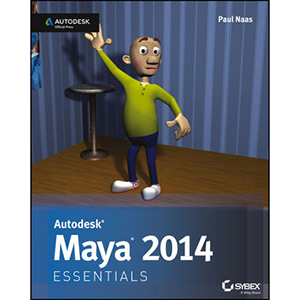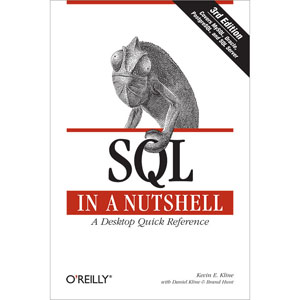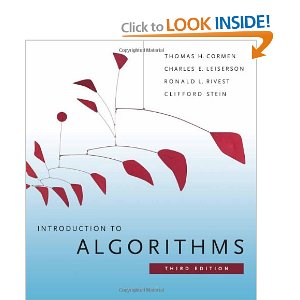OpenCL Parallel Programming Development Cookbook
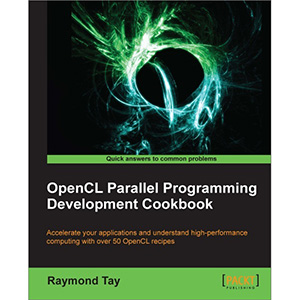
OpenCL (Open Computing Language) is the first royalty-free standard for cross platform, parallel programming of modern processors found in personal computers, servers, mobiles, and embedded devices. OpenCL greatly improves speed and responsiveness for a wide spectrum of applications in numerous market categories, from gaming and entertainment to scientific and medical software. OpenCL has proved itself to be versatile in that it now runs on not only operating systems like Windows and Linux powered by Intel and AMD processors, but also on low power chips like ARM, and it has also been adopted by processor manufacturers like ARM Corp, Vivante, and Altera, among others.
OpenCL Parallel Programming Development Cookbook was designed to be practical so that we achieve a good balance between theory and application. Learning to program in a parallel way is relatively easy, but to be able to take advantage of all of the resources available to you efficiently is quite different. You need to be shown not only application, but also the theory behind it.
This book is roughly in two parts, where the first part is the fundamentals of OpenCL parallel development and the second part is the various algorithms we will explore with you. Each part is packed with many code samples and illustrations to demonstrate various concepts. The first part is essential for a beginner to not only program in parallel, but also to think in parallel and become equipped with the mental model with which to tackle parallel programming. The second part consists of seven different algorithms that the author has identified; you will learn various parallel programming techniques that experts have used in the past 60 years that are applicable to OpenCL.
This book will demonstrate how you think in parallel by illustrating and demonstrating programming techniques like data partitioning, thread coarsening, register tiling, data pre-fetching, and algorithm transformation. These techniques are demonstrated in the seven algorithms you’ll be shown, from image processing and solving sparse linear systems to in-memory sorting.
OpenCL Parallel Programming Development Cookbook combines recipes, illustrations, code, and explanations to allow you to learn the essentials of parallel programming in OpenCL, and the author has added in enough math so that the readers understand the motivation and can also lay the foundation upon which they will begin their own exploration.
What you will learn from this book
- How to use OpenCL
- Understand data partitioning and transfers in OpenCL
- Understand OpenCL data types
- Learn about OpenCL functions including math, atomic, threading model, data transfer, and so on
- Develop a histogram in OpenCL
- Learn how to develop Sobel edge detection in OpenCL for image processing
- Develop the Matrix Multiplication and the Sparse Matrix Vector Multiplication in OpenCL
- Learn to develop Bitonic sort and Radix sort in OpenCL
Approach
OpenCL Parallel Programming Development Cookbook will provide a set of advanced recipes that can be utilized to optimize existing code. This book is therefore ideal for experienced developers with a working knowledge of C/C++ and OpenCL.
Who this book is for
This book is intended for software developers who have often wondered what to do with that newly bought CPU or GPU they bought other than using it for playing computer games; this book is also for developers who have a working knowledge of C/C++ and who want to learn how to write parallel programs in OpenCL so that life isn’t too boring.
Book Details
- Paperback: 302 pages
- Publisher: Packt Publishing (August 2013)
- Language: English
- ISBN-10: 1849694524
- ISBN-13: 978-1849694520
